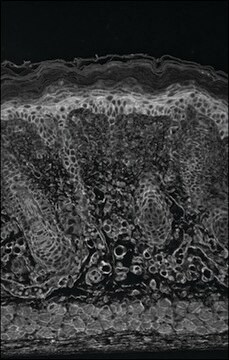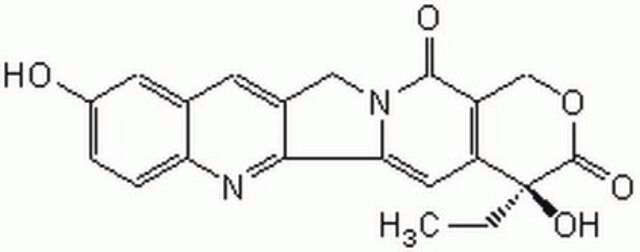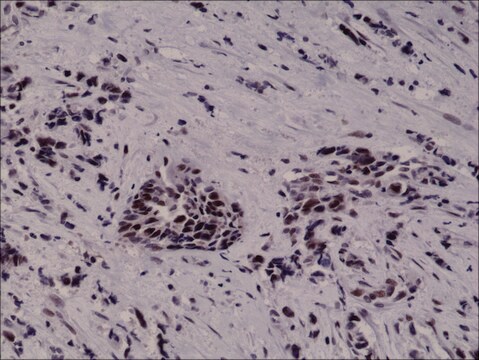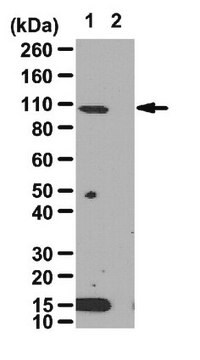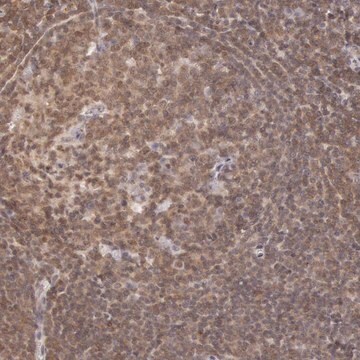PLA0081
Rabbit anti-HIF1-alpha Antibody, Affinity Purified
Powered by Bethyl Laboratories, Inc.
Synonyme(s) :
ARNT interacting protein, ARNT-interacting protein, HIF-1-alpha, HIF-1A, HIF-1alpha, HIF1, HIF1-ALPHA, MOP1, PAS domain-containing protein 8, PASD8, alpha subunit (basic helix-loop-helix transcription factor), bHLHe78, basic-helix-loop-helix-PAS protein MOP1, class E basic helix-loop-helix protein 78, hypoxia inducible factor 1, hypoxia-inducible factor 1, hypoxia-inducible factor 1 alpha isoform I.3, hypoxia-inducible factor1alpha, member of PAS protein 1, member of PAS superfamily 1
About This Item
Produits recommandés
Source biologique
rabbit
Niveau de qualité
Forme d'anticorps
affinity purified immunoglobulin
Type de produit anticorps
primary antibodies
Qualité
Powered by Bethyl Laboratories, Inc.
Espèces réactives
human, mouse
Technique(s)
immunocytochemistry: 1:100-1:500
immunohistochemistry: 1:100-1:500
immunoprecipitation (IP): 2-10 μg/mg
western blot: 1:2,000- 1:10,000
Numéro d'accès
Q16665
Conditions d'expédition
wet ice
Température de stockage
2-8°C
Modification post-traductionnelle de la cible
unmodified
Informations sur le gène
rabbit ... HIF1-alpha(3091)
Immunogène
Forme physique
Autres remarques
Clause de non-responsabilité
Vous ne trouvez pas le bon produit ?
Essayez notre Outil de sélection de produits.
Code de la classe de stockage
12 - Non Combustible Liquids
Classe de danger pour l'eau (WGK)
WGK 1
Point d'éclair (°F)
Not applicable
Point d'éclair (°C)
Not applicable
Certificats d'analyse (COA)
Recherchez un Certificats d'analyse (COA) en saisissant le numéro de lot du produit. Les numéros de lot figurent sur l'étiquette du produit après les mots "Lot" ou "Batch".
Déjà en possession de ce produit ?
Retrouvez la documentation relative aux produits que vous avez récemment achetés dans la Bibliothèque de documents.
Notre équipe de scientifiques dispose d'une expérience dans tous les secteurs de la recherche, notamment en sciences de la vie, science des matériaux, synthèse chimique, chromatographie, analyse et dans de nombreux autres domaines..
Contacter notre Service technique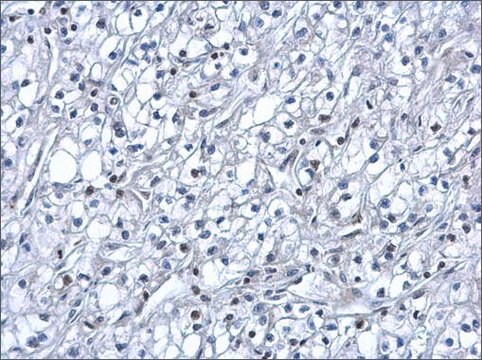
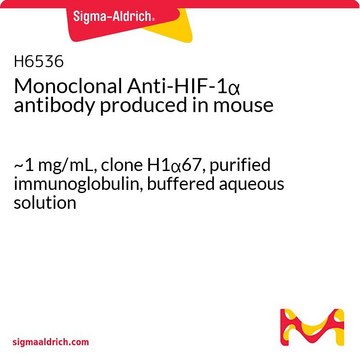
![HIF1-alpha and phospho-MCM2[S108] PLA® Antibody Kit Powered by Bethyl Laboratories, Inc.](/deepweb/assets/sigmaaldrich/product/images/397/939/357da130-0fe7-4e74-a9ef-defab946da88/640/357da130-0fe7-4e74-a9ef-defab946da88.jpg)
